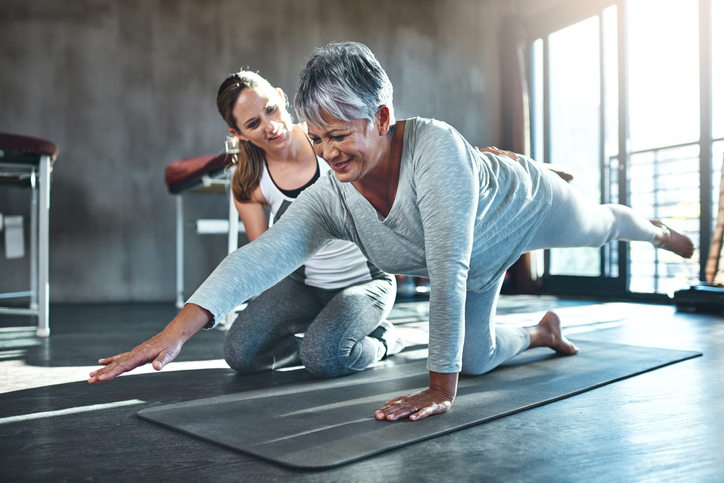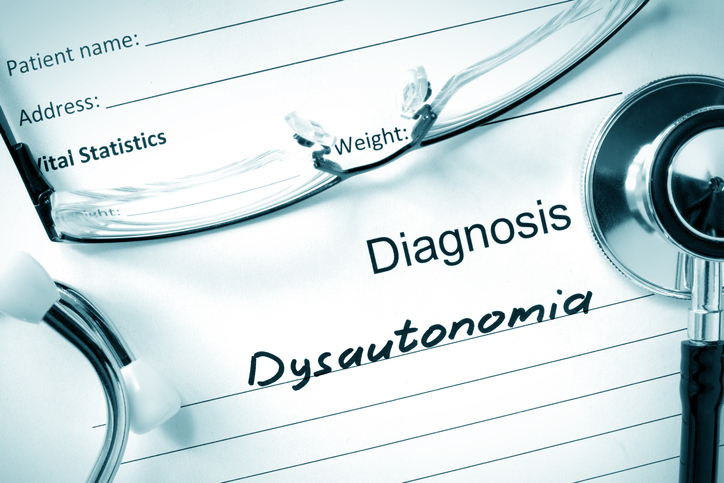Pain
Alternative and Complementary Treatments for Dysautonomia

What is dysautonomia?
Dysautonomia — also known as autonomic dysfunction or autonomic neuropathy — refers to a group of conditions that involve dysfunction of the autonomic nervous system (ANS). It occurs when communication with the nerves in the autonomic nervous system is disrupted or impaired.
The autonomic nervous system controls involuntary functions such as heart rate, breathing, digestion, sweating, and blood pressure. When the ANS doesn’t operate properly, a host of health issues can occur, including rapid/slow pulse, high/low blood pressure, digestive problems, difficulty regulating body temperature, and loss of bladder control.
Alternative and complementary treatments
There is no cure for dysautonomia. However, in addition to conventional medical treatments for dysautonomia, symptoms can also be managed with alternative and complementary treatments, including the following:
- Acupuncture is a type of traditional Chinese medicine that involves inserting thin needles through the skin to stimulate specific pressure points of the body. This can stimulate release of endorphins (the body’s natural painkillers).
- Yoga releases endorphins and aids in stress management. It consists of gentle poses, meditation, and breathing exercises. There are various types of yoga which can be tailored to the participant based on their skill level and their specific symptoms. Two examples include restorative yoga and chair yoga. Restorative yoga emphasizes relaxation and healing for those with chronic pain. Chair yoga is done in a seated position and focuses on head and arm poses.
- A well-balanced diet can help with digestive symptoms, such as nausea, constipation and diarrhea. Eating a well-balanced diet, avoiding processed foods, and maintaining adequate hydration not only help with digestive symptoms but also help with other symptoms such as fatigue. Eating frequent, smaller meals rather than three large meals a day makes it easier for the body to digest food. A diet high in salt may be recommended if symptoms of low blood pressure, high heart rate, or hypovolemia (low blood volume) are present.
- Supplements such as alpha-lipoic acid may improve functioning of autonomic nerves, but further research is needed.
- Mind-based techniques such as meditation and mindfulness can help promote relaxation and self-care while reducing negative thoughts and feelings. Meditation can help manage the body’s response to stress. There are various ways to practice meditation; it can be as simple as setting aside a few minutes each day to relax and reflect. The practice of mindfulness involves focusing on the present moment while allowing distracting thoughts to calmly pass.
- Sleep hygiene consists of practices that improve sleep quality. Getting a good night’s sleep can be difficult for individuals with dysautonomia. Elevating the head of the bed can help with gastric issues as well as help recondition the body to orthostatic stress.
- Transcutaneous electrical nerve-stimulation (TENS) is a treatment that uses slight electrical pulses to reduce the transmission of pain signals to the brain. It also stimulates the release of endorphins, which can reduce the sensation of pain.
- Massage therapy can be very helpful for individuals with dysautonomia who have circulation issues, muscle spasms, joint pain, or migraines.















